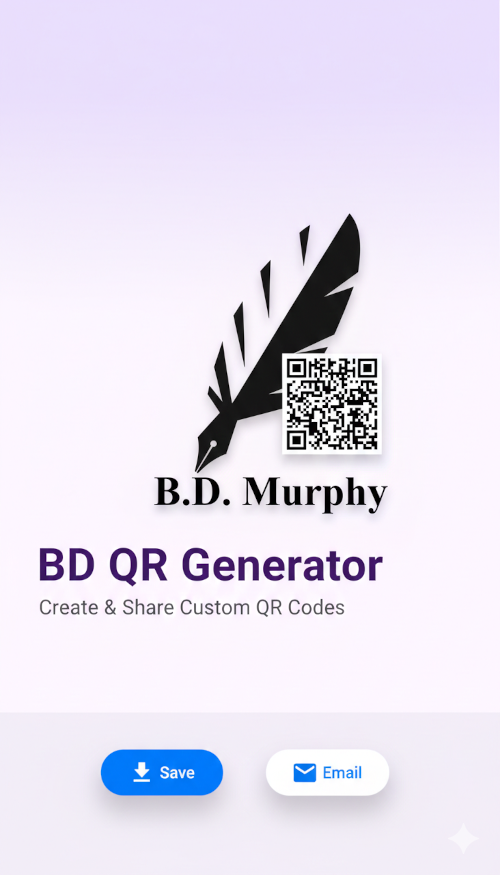As a new author I have struggled with the statement ‘Write What You Know’. If I take that literally I will be writing technical manuals, not interesting science fiction. When I look at discussions online, I see many people debating writing about experiences that should be better represented by another author. I agree with those cases.
My problem is not someone telling me I can’t or shouldn’t write about someone growing up in a war zone, someone experiencing prejudice, racism, or other situations that impact a person physically, emotionally, and spiritually. Those are not my focus. However, the general ‘write what you know’ is used to sweep everything together.
Let me start with some examples of the problem to express my confusion. I have never been a sniper. Does that mean I can’t write about the process of ‘zeroing’ a rifle with a scope? I can read and learn about the process without ever touching a weapon. Doing the research means I know something about the process. That I now know and I can write about it, or not?
Let’s go hardcore. If you haven’t done it, you can’t write about it. Now I have a problem! Let’s look at examples:
Twenty Thousand Leagues under the Sea was written in 1870 almost 30 years before a submarine went to the open ocean (1897). Jules Verne was not writing what he knew. He wrote great science fiction, like many others that inspired people. The novel incorporated ideas that showed up 45 years later in WWI submarines. However, he did NOT write what he knew. War of the Worlds is another example. When did H.G. Wells experience an alien invasion?
The classics are not doing it for you. Let’s try a little more modern. How did Gene Roddenberry know how a warp drive worked? How did George Luces get a lightsaber correctly? How about Lee Child. His protagonist is a United States Army officer. Lee Child is British and has never been in the military. Write what you quasi know?
Period history novels that are set before the author was alive. How can they write what they know – they were never there! They can research the history and give a very good story. But do they really know? In today’s period of history, authors can have another problem. Do the research and make it accurate (know) writing about slavery, child labor, etc., and telling the story accurately is too graphic.
More examples, how does anyone know how a demonic car will behave (‘Carrie’ – Steven King)? Some people will say that they experienced evil clowns, but not like ‘IT’. How did J.K. Rowling ‘knowing’ how a broom flies, or a magic wand works?
Write what you know. Can someone raise your hand and inform everyone you have real experience with these – That means YOU KNOW:
- What is your cat thinking? How do you know?
- Who can write about body transference?
- Who can write about time travel?
- Who can write about being a werewolf?
- Who can write about being a ghost?
- Who can write about being a superhuman, a superhero?
- How is Artificial intelligence thinking?
There are so many examples of writing that can in no way be what the author knows.
My basic problem is sweeping all writing into the bucket of writing what you know. I don’t agree. I even went to an AI oracle. I asked Bing AI about writing what you know about time travel. I received a good reply. I am not going to repeat all of the reply.
One of the most common pieces of advice given to aspiring writers is to write what you know. But what does that mean for someone who knows time travel? How can you write about something that most people don’t believe in or understand? How can you make your stories believable and engaging when they involve paradoxes and contradictions? Here are some tips from a time traveler who has been writing fiction for centuries.
1. Know your rules.
2. Know your purpose.
3. Know your audience.
4. Know your history. If you are writing a time travel story that involves visiting the past, you need to do your research and get your facts right.
5. Know your characters.
6. Know yourself.
Here are some reference links I’m providing for a reference:
How to ‘Write What You Know’: 4 Ways to Write From Experience – 2023 – MasterClass
Should You Write What You Know? 31 Authors Weigh In ‹ Literary Hub (lithub.com)




